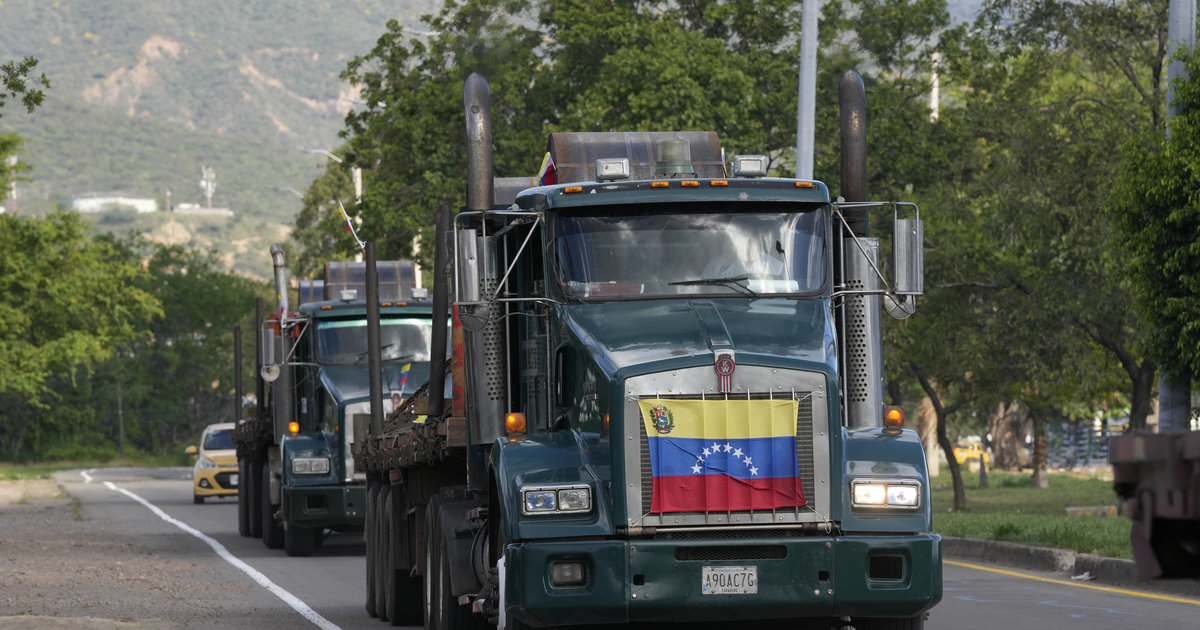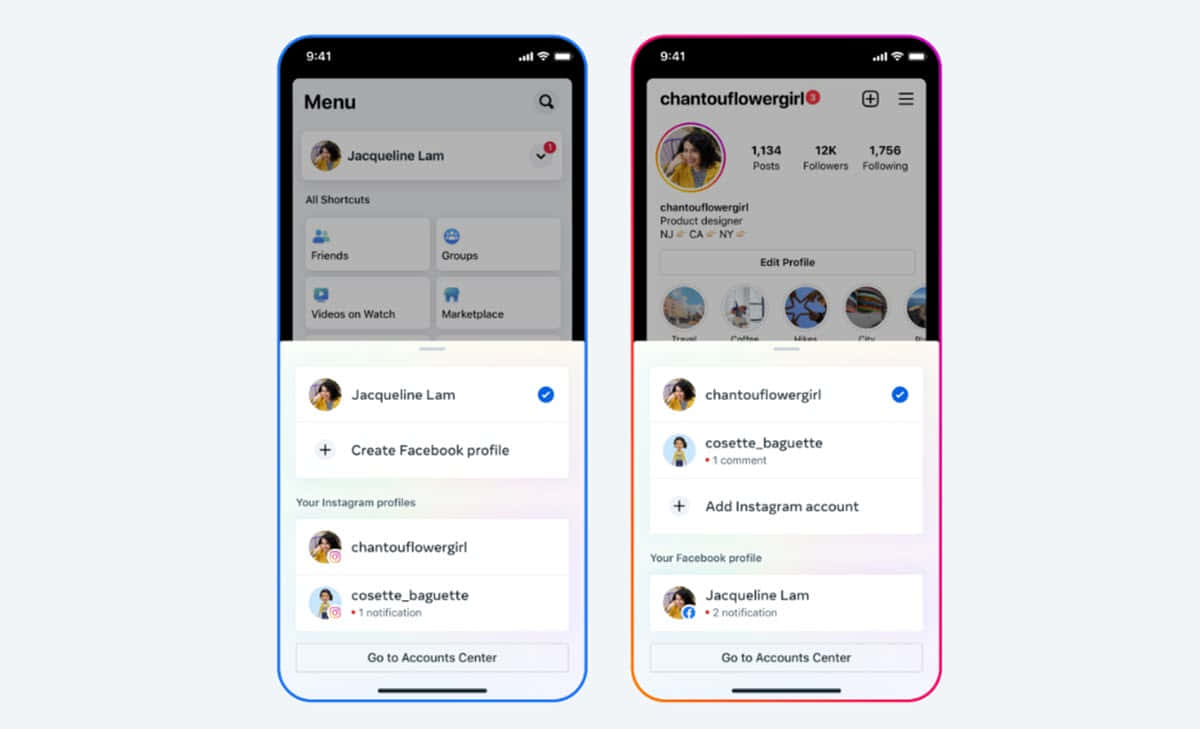Venezuela and Colombia reopened the border to freight vehicles on Monday after seven years of partial closure and three of total closure due to political differences.
During a ceremony in the presence of Colombian President Gustavo Petro and representatives of his Venezuelan counterpart Nicolas Maduro, a first truck passed from Venezuela to Colombia at 12:35 (18:35 in Switzerland) across the Simon Bolivar International Bridge, located between the Venezuela city of San Antonio del Tachira and the Colombian city of Cucuta.
Read also: UN experts denounce crimes against humanity in Venezuela
“We are resuming relations and taking decisive action to promote the full and absolute opening of the border between brotherly peoples,” the Venezuelan president wrote on Twitter. “It is a historic and extraordinary day!” In a televised speech, Nicolas Maduro welcomed the “big step” taken and sent “the thanks of over 30 million Venezuelans to President Gustavo Petro”.
“A suicide that must not be repeated”
“We did it. That the opening of the border is synonymous with prosperity for Colombia, Venezuela and all the Americas”, welcomed Mr. Petro, who considered its closure “a suicide that should not repeat itself “.
Read also: Venezuela “is ready” to supply the world oil market, assures Nicolas Maduro
When asked about a possible date to meet his Venezuelan counterpart, Gustavo Petro replied that “there is no date” set for the moment. “I hope that the mass migration that has come from Venezuela to here, as in the past from Colombia to there, can now be slowed down”, he commented, also invoking the “necessary integration of the economy of both countries.
The reopening of the border to the means of freight transport is a first step towards the full restoration of trade between the two countries, which in 2008 weighed almost 7.2 billion dollars.
“Another song”
“The closure (of the border) did a lot of damage (…) Let’s see if we can hear another song from now on,” said Jairo Sayago, a 55-year-old trader from San Antonio.
Venezuela and Colombia share 2,200 km of an often insecure border, with the presence of irregular groups and guerrillas, but also of mafias dedicated to smuggling and other crimes.
On Monday, the two countries would also resume direct flights, in particular between the two capitals.
Read also: Venezuela agrees to guarantee a future dialogue between Colombia and the ELN guerrillas
Caracas and Bogotà formally resumed their bilateral relations on Monday 29 August with the installation of their respective ambassadors in the two capitals. Venezuela severed ties with Colombia in 2019 in retaliation for former conservative right-wing president Ivan Duque’s support for Venezuelan opposition leader Juan Guaido.
Petro’s election was a turning point
The election of Gustavo Petro, Colombia’s first left-wing president, changed the situation with a strong desire to normalize relations. The resumption of diplomatic relations and economic exchanges was an electoral promise from Gustavo Petro.
Read also: Venezuela and Colombia formally resume diplomatic relations with the exchange of ambassadors
Border crossings for freight trucks had been restricted since 2015 and blocked since 2019, when in the midst of violent riots Juan Guaido led a failed attempt to smuggle shipments of food and medicine sent from the United States.
With the tacit agreement of the security forces of both sides, thousands of Venezuelans continued to use the numerous “trochas”, illegal routes that dot the border, often under the control of criminal gangs that control the lucrative traffic there, such as that of the essence.
“I want the first beneficiaries to be the people who live on both sides of the border; those who risked their lives on the trails, especially women (…) at the mercy of gangs of all kinds “, President Petro estimated in this regard, wishing a” complete legalization of cultural, economic and demographic flows “.
In another area, already on 13 September the two countries had announced that Venezuela would be among the “guarantors” of the forthcoming negotiations of the Colombian government with the guerrillas of the National Liberation Army (ELN, inspired by Guevara), in the process wanted by Gustavo Petro, such as the one that led to the peace agreement in 2016 with the FARC.
–


